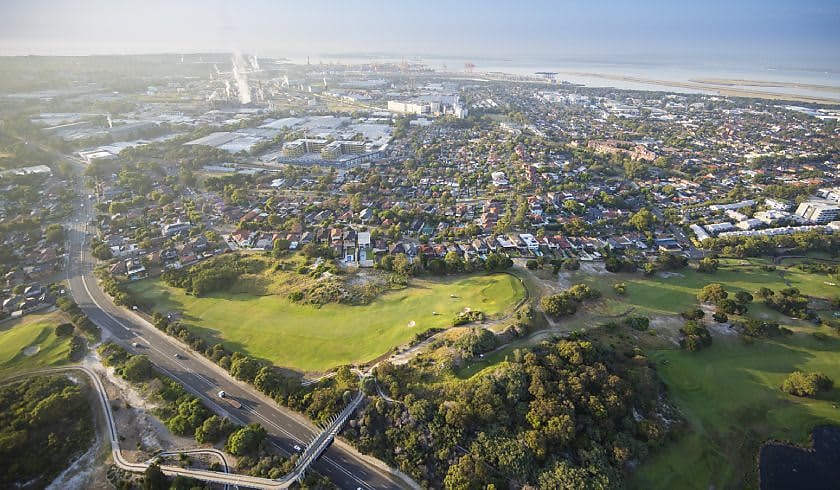Expert sheds light on ‘optimistic’ future for the property sector
Despite the market being currently aplomb with less-than-desirable conditions, a leading demographer and media commentator explained why investors and property owners must keep their confidence in the country’s real estate sector.

Speaking at an event spearheaded by real estate debt investment platform AltX on 1 February, Bernard Salt AM explained why property owners and investors should “feel optimistic about the future of property in Australia”.
Compared to the rest of the world, Mr Salt highlighted that the land down under’s economy is among the wealthiest per capita, with the majority of spending funnelled into the property sector.
“It should be no surprise that Australians are obsessed with property because we’ve been doing it effectively for 80 years since the last war. We’ve had a hiatus over the last two years, but the numbers are roaring back,” he stated.
Explaining why players in the space must brace for a rebound, Mr Salt forecasts the resumption of immigration to pre-pandemic levels will inject a high level of demand into the property market over the next five years, both in owner-occupier and investment sectors.
He stated that the tightness in the country’s rental market is likely to be bolstered by an anticipated influx of students, particularly from China.
With newly arrived migrants historically observed to “showcase their success and wealth by buying a home”, Mr Salt expects the real estate sector will see an increased demand in the owner-occupier market.
However, Mr Salt notes that while immigration plays a significant role in driving the rental and home owner markets in the near future, it is not the sole factor that will give the sector a sugar hit.
He pointed towards demographic trends — particularly that of middle-aged millennials and retiring baby boomers — that will also likely boost growth in lifestyle properties outside the major cities.
“In the 1950s, the average lifespan was 69 years, and the average retirement age was 65. So, you’d expect to have four years in retirement before you drop dead. Now the average life expectancy is 84, which is almost 20 years in retirement. Our life cycle has been reinvented to introduce a lifestyle stage,” he explained.
The expert pointed out that the transition to a lifestyle stage comes from a demand for lifestyle property.
On that same note, Mr Salt forecasts that over the next 10 years, the market will see millennials entering a new life stage as the generation reaches their 40s and start to have families, which he stated will likely prompt a move out of cities in search of a backyard and larger home to suit their changing needs.
“The minimalist inner-city apartment will no longer cut it,” he explained. “We’re about to see five and a half million people pass from the single apartment stage into needing a lifestyle house.”
Further giving his insights on what the future of the market looks like, Mr Salt said that this lifestyle house is likely to include a “zoom room,” as millennials fully integrate their home space to embrace the post-pandemic shift to working from home.
But this shift is not contained within the millennials’ homes. The leading demographer predicts the change will ripple into the country’s towns and cities, as it will open up opportunities for investors and developers in the commercial space.
According to Mr Salt, there is a likely shift towards people residing, working, and spending the majority of their time in regional hubs outside of cities.
Additionally, there will be an increase in the development of commercial and industrial facilities, such as fulfilment centres, as more individuals opt for online shopping.
The expert’s statement comes in line with AltX co-chief executive and co-founder Nick Raphaely’s explanation that economic confidence is at an all-time low due to the turmoil of recent years, including multiple interest rate hikes and rising living costs.
“Economic confidence, while stabilising now, has certainly fallen from where it was a year ago. However, we have every reason to be positive about the future,” Mr Raphaely said.
As the property market picks up, he stated that more investors will be looking to take advantage of new opportunities while managing potential risks.
From the company’s perspective, Mr Raphaely said that AltX is “vigilant” in its risk exposure in the current market but has confidence in Australia’s property resilience.
